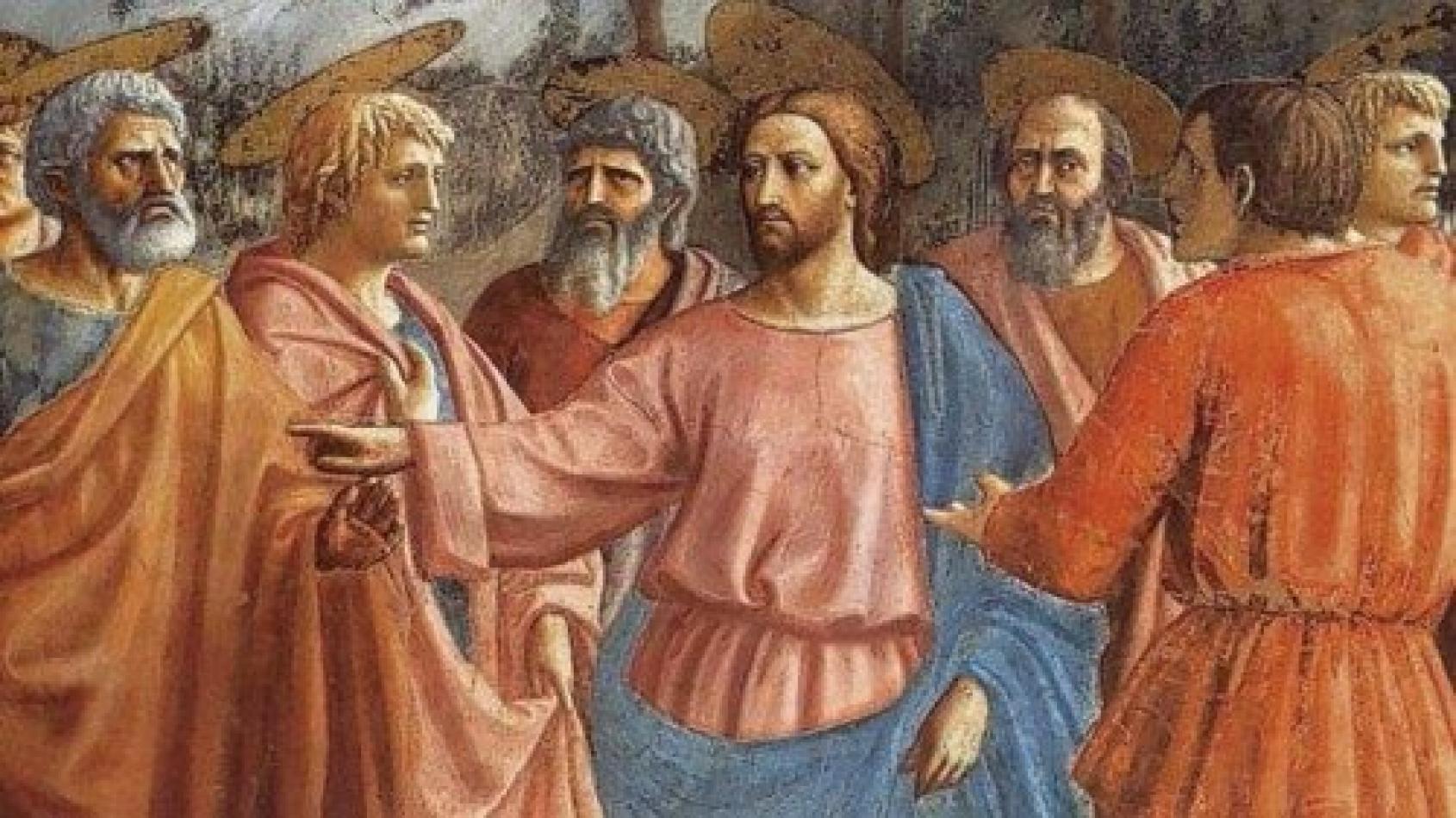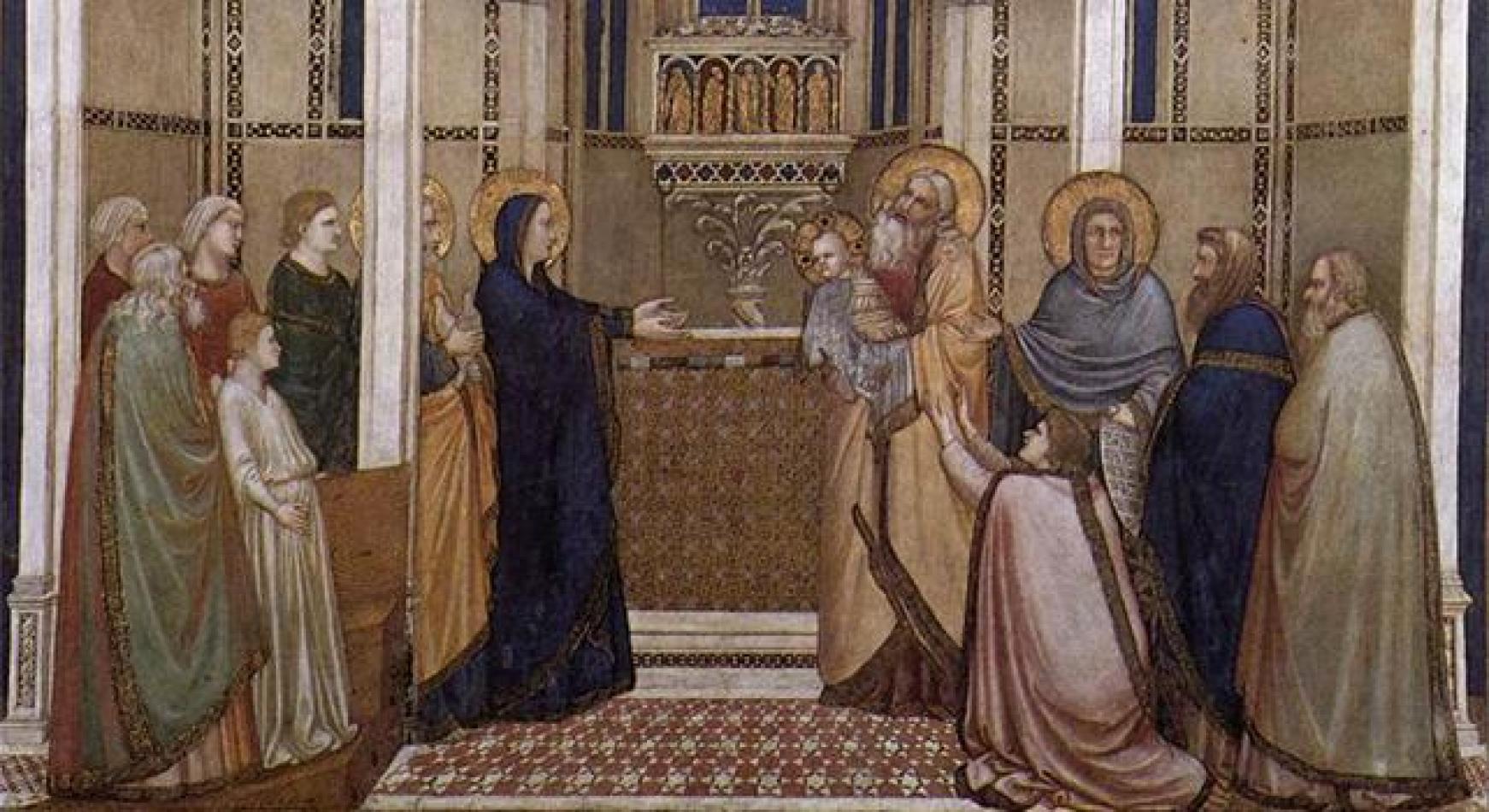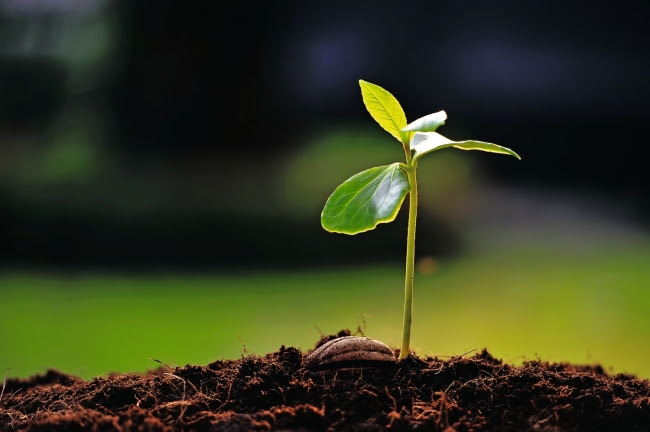Daniel Comboni
Comboni Missionaries
Institutional area
Other links
Newsletter
Jesus was concerned that his followers would end up one day discouraged to see that their efforts toward a more human and happy world didn’t reach the success they hoped for. Would they go ahead and forget about God’s reign? Would they maintain their trust in the Father? What’s most important is that they never forget how they must work.
Mark 4:26-34
WITH HUMILITY AND TRUST
by José Antonio Pagola
Jesus was concerned that his followers would end up one day discouraged to see that their efforts toward a more human and happy world didn’t reach the success they hoped for. Would they go ahead and forget about God’s reign? Would they maintain their trust in the Father? What’s most important is that they never forget how they must work.
With examples taken from the experience of Galilean farmers, he encourages them to work always realistically, patiently, and fully trusting. It’s not possible to open up paths to God’s reign in just any manner. They need to focus on how Jesus works.
Right at the start they need to know that their task is to sow, not harvest. They shouldn’t go about looking for results. They mustn’t worry about the efficacy or the immediate success. Their attention will be centered on sowing the Gospel well. Jesus’ coworkers need to be sowers. Nothing more.
After centuries of religious expansion and great social power, we Christians must recover in the Church the humble action of the sower. Forget the logic of the harvester, who always goes forth gathering the fruits, and enter into the patient logic of one who sows a better future.
The beginnings of every sowing are always humble. All the more if we’re talking about sowing God’s project in human beings. The power of the Gospel is never something spectacular or noisy. According to Jesus, it’s like sowing something so small and insignificant like «a mustard seed», which germinates secretly in people’s hearts.
That’s why the Gospel can only be sown with faith. That’s what Jesus wants to help them see by means of his short parables. God’s project of making a more human world carries within it a saving and transforming power that doesn’t depend on the sower. When the Good News of that God penetrates in a person or in a group of people, that’s where something begins to grow that is way beyond ourselves.
In the Church we don’t know right then how to act in this new and unheard of situation, in the midst of a society every day more indifferent and nihilistic. No one has the recipe. No one knows exactly what to do. What we need to do is to seek new paths with the humility and the trust of Jesus.
Sooner or later, we Christians will feel the need to return to what’s essential. We will discover that only the power of Jesus can regenerate faith in the de-Christianized society of our day. Then we will learn to sow the Gospel with humility as the start of a renewed faith, not transmitted by our own pastoral efforts, but begotten by him.
José Antonio Pagola
Translator: Fr. Jay VonHandorf
Seed grows of itself
A commentary
on Mark 4, 26-34
We have already left behind the Paschal Liturgical time (Lent, Passover, and Pentecost) and the solemnities of the Holy Trinity and the Body of Christ. We are now again in the Ordinary time reassuming the reading of Mark. This Eleventh Sunday we read a few verses from Mark’s chapter four. As a matter of fact, I invite you to read the whole chapter so that you can have a better idea of Jesus’ message for today. From that reading, I share with you two reflections:
1) A crowd near the lake of Galilee
As you know, Jesus stablished his operational centre at Capharnaum, a small town by the side of Lake Galilee. His presence in that town and surroundings caused a great impact and people rushed in hundreds to get near him and listen to him, because his words were so especially clear, simple, and relevant that their hearts were “burning”. Jesus, farmer among farmers, fisher among fishers, worker among workers, felt quite at easy with that simple people, exposed to the sufferings and hardships of life, hungry for truth and sense, who found no answers in rigid and sclerotic traditions little related to real life. On the contrary, from an affective nearness to their worries an everyday fights and from his contemplative experience in the desert, Jesus was able to express himself in touching parabolic narrations, explaining the mystery of God and his kingdom in a language related to every day’s life in the fields, de fishing ports and the ordinary life.
The gospel of Jesus is made to be understood and preached from the every one’s ordinary life. Or spiritual life must be measured, not so much by the fine words we can say, but by or concrete life and actions.
And all those of us who have a responsibility in passing on to others the Gospel of Jesus (parents, teachers, catechists, priests…) have to look at this Teacher who is able to explain the presence of God in a language related to the concrete life of people.
2) Seed does not need to be pulled up
Forgive me this obvious reflection, but I think that it can help us to grasp Jesus’ message in today’s gospel:
Discúlpenme esta obviedad, pero me parece que sirve para entender bien lo que nos dice Jesús en el evangelio de hoy: “seed would sprout and grow…. On its accord the land will yield fruit”. Jesus tells us that the Kingdom of God is like a seed that God sows in our heart, our community, our family… and it grows of itself, as far as it’s welcomed in a well-kept land. For the wheat to produce fruit it does not help that somebody goes and pulls it up; it’s of not use to try hard and pull it up. No. Wheat must grow by itself, from its inner energy that God has planted in it.
Don’t you think that quite often some parents look like they try to force their children to grow from outside and impose on them fruits that God has not meant for them? Don’t you think that sometimes in our communities or families we try to force people to be what they are not? Do no happen to ourselves that we try to force ourselves to appear before others as powerful and immaculate, with the result that we become bitter, hypercritical, and negative?
I think that Jesus, with this parable of the seed that grows of itself is inviting us, not to be lazy or passive, but serene and trustful; He wants his disciple to trust the Truth and Love, the kingdom that the Father has sown on all o sous, in our communities and families. What we have to do is to cultivate our piece of land, freeing it from stones and rubbish. All the rest will be done in us by the Spirit.
Fr. Antonio Villarino
Bogotá






